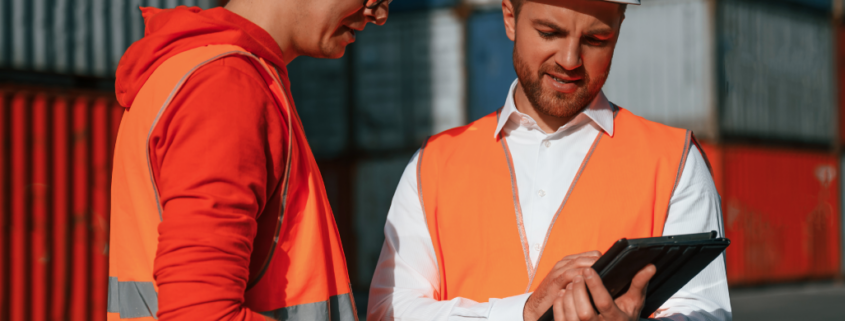How the integration of IoT and 5G is shaping the construction industry
The integration of the Internet of Things (IoT) and 5G technology is revolutionizing the construction industry. The construction sector is a notoriously slow adopter of new technology, but the combination of IoT and 5G is making it difficult for even the most traditional firms to ignore the potential benefits of these innovative technologies.
What is IoT and 5G?
IoT refers to the network of physical devices, vehicles, home appliances, and other items embedded with electronics, software, sensors, and connectivity. These devices can collect and exchange data with each other, making it possible to create smart homes, cities, and industries. IoT technology is being used in a range of applications, including healthcare, transportation, and agriculture.
5G is the fifth generation of cellular network technology, which promises to deliver faster data speeds, lower latency, and greater capacity than its predecessors. This technology is expected to have a transformative effect on many industries, including healthcare, manufacturing, and transportation.
How is the construction industry benefiting from IoT and 5G?
- Improved Safety
Construction sites can be dangerous places, with a high risk of accidents and injuries. IoT technology is being used to improve safety by monitoring workers and equipment and detecting potential hazards. For example, sensors can be placed on equipment to detect if a worker is too close, and smart helmets can monitor workers’ vital signs and alert supervisors if there is a problem. 5G technology provides the high-speed connectivity needed to transmit this data in real-time, allowing supervisors to respond quickly to potential safety threats.
- Increased Efficiency
The construction industry is notorious for its inefficiencies, with projects often delayed and over budget. IoT technology is being used to increase efficiency by streamlining processes and reducing waste. For example, sensors can be placed on equipment to monitor usage and schedule maintenance, ensuring that machines are always operating at peak performance. Smart buildings can also be designed to optimize energy usage, reducing costs and minimizing the environmental impact of construction projects.
- Improved Collaboration
The construction industry is a highly collaborative sector, with multiple stakeholders involved in every project. IoT technology is being used to improve collaboration by providing real-time data and insights that can be shared between stakeholders. For example, sensors can be placed on materials to track their location and condition, allowing project managers to monitor progress and identify potential issues before they become a problem. 5G technology provides the high-speed connectivity needed to transmit this data in real-time, allowing stakeholders to make decisions quickly and collaboratively.
Fuel management is also an essential aspect of the construction industry, as it is crucial for keeping projects running smoothly and efficiently. Effective fuel management in the construction industry involves several key factors, including monitoring fuel usage. Construction companies must monitor fuel usage and track their fuel consumption to manage costs effectively.
Link2Pump offers a simple solution that automates the entire fueling and tracking process. This way, you will always know where every drop of fuel is going, keep your inventory under control and do much more to drive fuel efficiency and performance to your fleet.
In conclusion, the integration of IoT and 5G technology is not only transforming the construction industry but also creating a more sustainable and efficient future. The benefits of IoT and 5G technology for construction are numerous and have the potential to revolutionize the industry. As these technologies continue to evolve, we can expect to see more innovative applications and increased adoption of these technologies by the construction industry.


